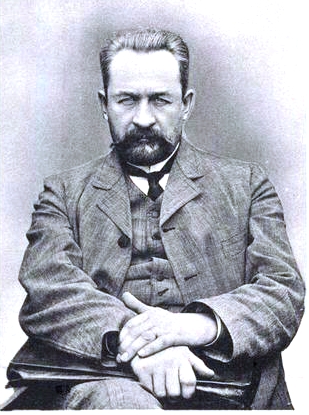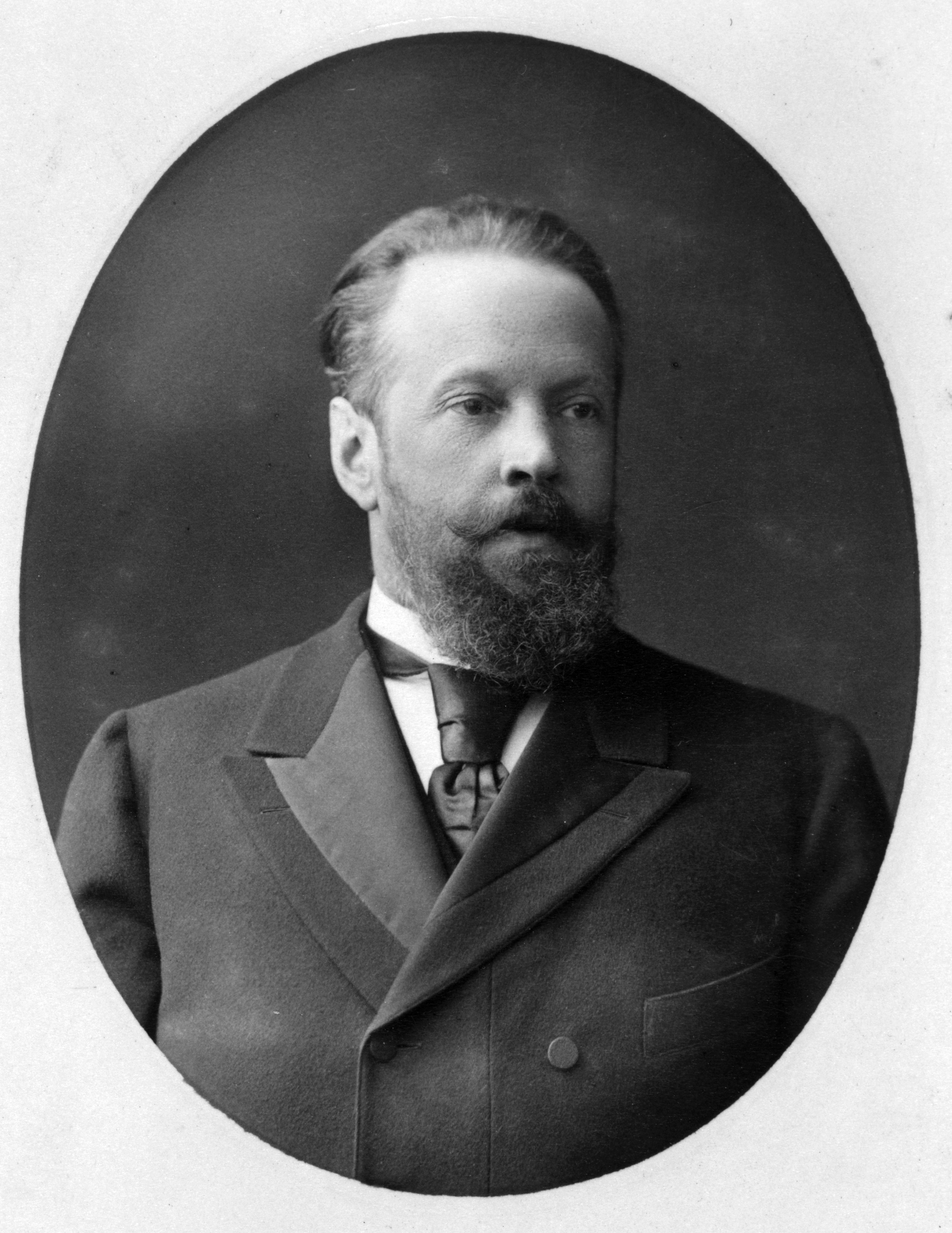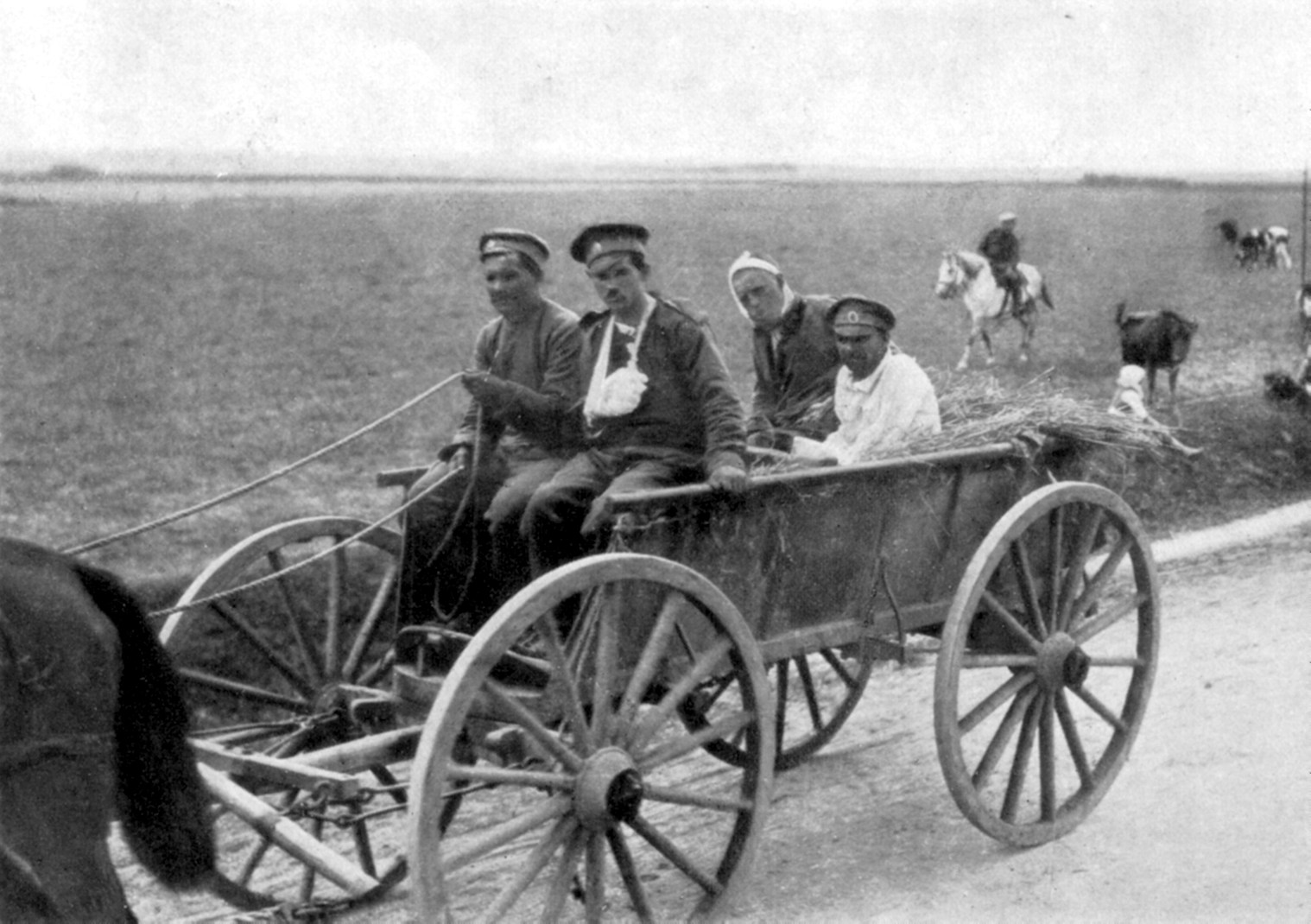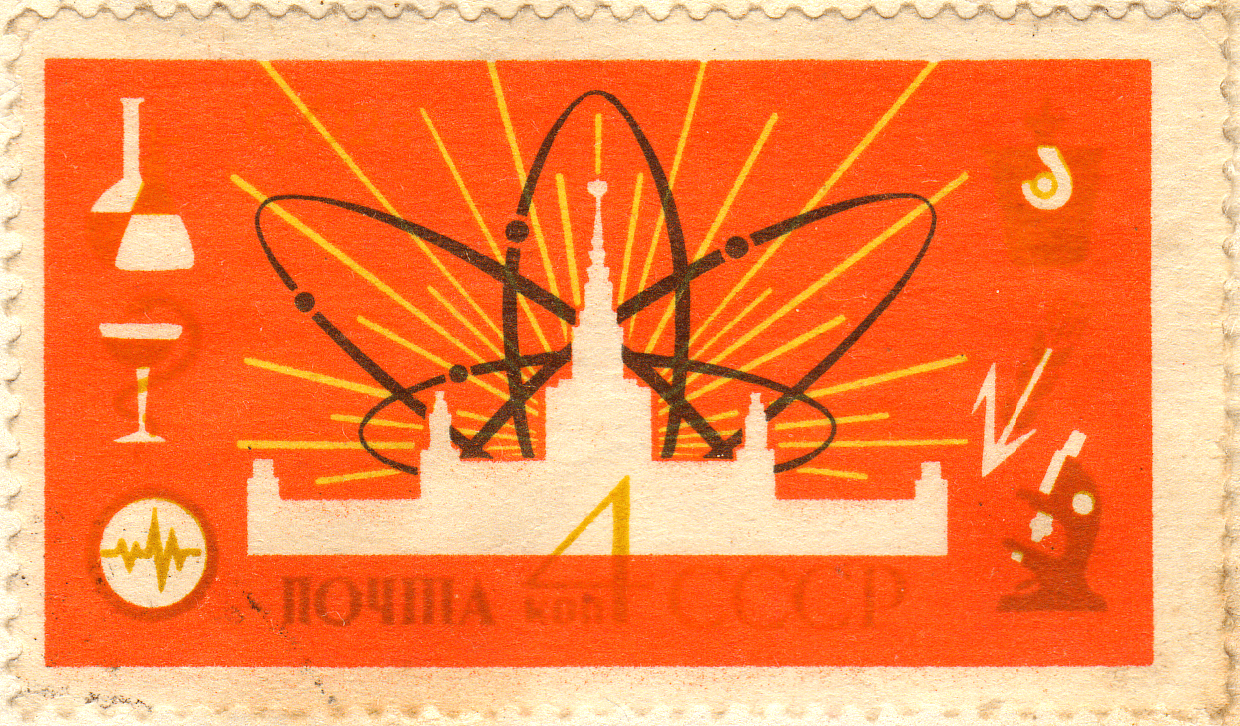|
Georgy Lvov
Prince Georgy Yevgenyevich Lvov ( – 7/8 March 1925) was a Russian aristocrat, statesman and the first prime minister of the Russian Republic from 15 March to 20 July 1917. As Russia's ''de facto'' head of state, he led the Provisional Government after the February Revolution led to the suspension of the Russian monarchy. A member of the Lvov princely family, Lvov was born in Dresden, Germany, and gained national fame for his relief work in the Russian Far East during the Russo-Japanese War. In 1906, he was elected to the First Duma as a member of the Constitutional Democratic Party. After the February Revolution, Lvov was made head of the Provisional Government and oversaw a number of liberal reforms. A series of political crises ultimately brought down his government, and in July 1917 he resigned as prime minister and was succeeded by his war minister, Alexander Kerensky. After the October Revolution, Lvov was arrested by the Bolsheviks, but later escaped to France by wa ... [...More Info...] [...Related Items...] OR: [Wikipedia] [Google] [Baidu] |
Prime Minister Of Russia
The prime minister of the Russian Federation, also domestically stylized as the chairman of the government of the Russian Federation and widely recognized as the prime minister, is the head of government of Russia and the second highest ranking political office in Russia. Although the post dates back to 1905, its current form was established on 12 December 1993 following the introduction of a new constitution. Due to the central role of the president of Russia in the political system, the activities of the executive branch (including the prime minister) are significantly influenced by the head of state (for example, it is the president who appoints and dismisses the prime minister and other members of the government; the president may chair the meetings of the cabinet and give obligatory orders to the prime minister and other members of the government; the president may also revoke any act of the government). The use of the term ''prime minister'' is strictly informal and is nev ... [...More Info...] [...Related Items...] OR: [Wikipedia] [Google] [Baidu] |
Kingdom Of Saxony
The Kingdom of Saxony () was a German monarchy in Central Europe between 1806 and 1918, the successor of the Electorate of Saxony. It joined the Confederation of the Rhine after the dissolution of the Holy Roman Empire, later joining the German Confederation after Napoleon was defeated in 1815. From 1871, it was part of the German Empire. It became a Free state (polity)#Germany, free state of the Weimar Republic in 1918 after the end of World War I and the abdication of King Frederick Augustus III of Saxony, Frederick Augustus III. Its capital was Dresden, and its modern successor is the Saxony, Free State of Saxony. History Napoleonic era and the German Confederation Before 1806, Saxony was part of the Holy Roman Empire, a thousand-year-old entity that had become highly decentralised over the centuries. The rulers of the Electorate of Saxony of the House of Wettin had held the title of prince-elector, elector for several centuries. The Holy Roman Empire was dissolved in Augu ... [...More Info...] [...Related Items...] OR: [Wikipedia] [Google] [Baidu] |
February Revolution
The February Revolution (), known in Soviet historiography as the February Bourgeois Democratic Revolution and sometimes as the March Revolution or February Coup was the first of Russian Revolution, two revolutions which took place in Russia in 1917. The main events of the revolution took place in and near Petrograd (now Saint Petersburg), the then-capital of Russia, where long-standing discontent with the monarchy erupted into mass protests against food rationing on 23 February Old Style and New Style dates, Old Style (8 March Old Style and New Style dates, New Style). Revolutionary activity lasted about eight days, involving mass demonstrations and violent armed clashes with police and Special Corps of Gendarmes, gendarmes, the last loyal forces of the Russian monarchy. On 27 February O.S. (12 March N.S.), most of the forces of the capital's garrison sided with the revolutionaries. In the same day, the Russian Provisional Government, made up by left-leaning State Duma (Russ ... [...More Info...] [...Related Items...] OR: [Wikipedia] [Google] [Baidu] |
Head Of State
A head of state is the public persona of a sovereign state.#Foakes, Foakes, pp. 110–11 "[The head of state] being an embodiment of the State itself or representative of its international persona." The name given to the office of head of state depends on the country's form of government and any separation of powers; the powers of the office in each country range from being also the head of government to being little more than a ceremonial figurehead. In a parliamentary system, such as Politics of India, India or the Politics of the United Kingdom, United Kingdom, the head of state usually has mostly ceremonial powers, with a separate head of government. However, in some parliamentary systems, like Politics of South Africa, South Africa, there is an executive president that is both head of state and head of government. Likewise, in some parliamentary systems the head of state is not the head of government, but still has significant powers, for example Politics of Morocco, Moro ... [...More Info...] [...Related Items...] OR: [Wikipedia] [Google] [Baidu] |
Russian Republic
The Russian Republic,. referred to as the Russian Democratic Federative Republic in the 1918 Constitution, was a short-lived state which controlled, ''de jure'', the territory of the former Russian Empire after its proclamation by the Russian Provisional Government on 1 September (14 September, ) 1917 in a decree signed by Alexander Kerensky as Minister-Chairman and Alexander Zarudny as Minister of Justice.The Russian Republic Proclaimed at prlib.ru, accessed 12 June 2017 The of the Russian Republic was dissolved after the |
Prince
A prince is a male ruler (ranked below a king, grand prince, and grand duke) or a male member of a monarch's or former monarch's family. ''Prince'' is also a title of nobility (often highest), often hereditary, in some European states. The female equivalent is a princess. The English word derives, via the French word ''prince'', from the Latin noun , from (first) and (head), meaning "the first, foremost, the chief, most distinguished, noble ruler, prince". In a related sense, now not commonly used, all more or less sovereign rulers over a state, including kings, were "princes" in the language of international politics. They normally had another title, for example king or duke. Many of these were Princes of the Holy Roman Empire. Historical background The Latin word (older Latin *prīsmo-kaps, ), became the usual title of the informal leader of the Roman senate some centuries before the transition to empire, the '' princeps senatus''. Emperor Augustus establishe ... [...More Info...] [...Related Items...] OR: [Wikipedia] [Google] [Baidu] |
Moscow State University
Moscow State University (MSU), officially M. V. Lomonosov Moscow State University,. is a public university, public research university in Moscow, Russia. The university includes 15 research institutes, 43 faculties, more than 300 departments, and six branches. Alumni of the university include past leaders of the Soviet Union and other governments. As of 2019, 13 List of Nobel laureates, Nobel laureates, six Fields Medal winners, and one Turing Award winner were affiliated with the university. History Imperial Moscow University Ivan Shuvalov and Mikhail Lomonosov promoted the idea of a university in Moscow, and Elizabeth of Russia, Russian Empress Elizabeth decreed its establishment on . The first lectures were given on . Saint Petersburg State University and MSU each claim to be Russia's oldest university. Though Moscow State University was founded in 1755, St. Petersburg which has had a continuous existence as a "university" since 1819 sees itself as the successor of an a ... [...More Info...] [...Related Items...] OR: [Wikipedia] [Google] [Baidu] |
Union Of Liberation
Union commonly refers to: * Trade union, an organization of workers * Union (set theory), in mathematics, a fundamental operation on sets Union may also refer to: Arts and entertainment Music * Union (band), an American rock group ** ''Union'' (Union album), 1998 * ''Union'' (Chara album), 2007 * ''Union'' (Toni Childs album), 1988 * ''Union'' (Cuff the Duke album), 2012 * ''Union'' (Paradoxical Frog album), 2011 * ''Union'', a 2001 album by Puya * ''Union'', a 2001 album by Rasa * ''Union'' (Son Volt album), 2019 * ''Union'' (The Boxer Rebellion album), 2009 * ''Union'' (Yes album), 1991 * "Union" (Black Eyed Peas song), 2005 Other uses in arts and entertainment * ''Union'' (film), a labor documentary released in 2024 * ''Union'' (Star Wars), a Dark Horse comics limited series * Union, in the fictional Alliance–Union universe of C. J. Cherryh * ''Union (Horse with Two Discs)'', a bronze sculpture by Christopher Le Brun, 1999–2000 * The Union (Marvel Team) ... [...More Info...] [...Related Items...] OR: [Wikipedia] [Google] [Baidu] |
Progressive Party (Russia)
The Progressive Party (), also known as the Progressists (), was a group of moderate Russian liberals organized in 1912. It had 25 deputies in the Third Duma and 48 in the Fourth. Its most prominent members were Ivan Efremov, Aleksandr Konovalov, and Pavel Ryabushinsky. In the last two Dumas, the Progressists entered into a coalition with the Constitutional Democrats, and in the Fourth Duma, they were part of the Progressive Bloc. After the February Revolution, Efremov and Konovalov became part of the Provisional Government. References Michael T. Florinsky (ed.), ''McGraw-Hill Encyclopedia of Russia and the Soviet Union'' (1961), pp. 455–6 External links Большой Российский энциклопедический словарь(Russian) Political parties established in 1912 Political parties of the Russian Revolution Political parties in the Russian Empire Russia Russia, or the Russian Federation, is a country spanning Eastern Europe and North ... [...More Info...] [...Related Items...] OR: [Wikipedia] [Google] [Baidu] |
Constitutional Democratic Party
The Constitutional Democratic Party (, K-D), also called Constitutional Democrats and formally the Party of People's Freedom (), was a political party in the Russian Empire that promoted Western constitutional monarchy—among other policies—and attracted a base ranging from moderate conservatives to mild socialists. Party members were called Kadets (or Cadets) from the abbreviation K-D of the party name. Konstantin Kavelin's and Boris Chicherin's writings formed the theoretical basis of the party's platform. Historian Pavel Miliukov was the party's leader throughout its existence. The Kadets' base of support were primarily intellectuals and professionals; university professors and lawyers were particularly prominent within the party. Many Kadet party members were veterans of the zemstvo, local councils. The Constitutional Democratic Party formed from the merger of several liberal groupings, namely the Union of Liberation, the Union of Zemstvo Constitutionalists and th ... [...More Info...] [...Related Items...] OR: [Wikipedia] [Google] [Baidu] |
Russian Orthodox Church
The Russian Orthodox Church (ROC; ;), also officially known as the Moscow Patriarchate (), is an autocephaly, autocephalous Eastern Orthodox Church, Eastern Orthodox Christian church. It has 194 dioceses inside Russia. The Primate (bishop), primate of the ROC is the patriarch of Moscow and all Rus'. The History of the Russian Orthodox Church, history of the ROC begins with the Christianization of Kievan Rus', which commenced in 988 with the baptism of Vladimir the Great and his subjects by the clergy of the Ecumenical Patriarch of Constantinople, ecumenical patriarch of Constantinople. Starting in the 14th century, Moscow served as the primary residence of the Russian List of metropolitans and patriarchs of Moscow, metropolitan. The ROC declared autocephaly in 1448 when it elected its own metropolitan. In 1589, the metropolitan was elevated to the position of patriarch with the consent of Constantinople. In the mid-17th century, a series of reforms led to Schism of the Russian ... [...More Info...] [...Related Items...] OR: [Wikipedia] [Google] [Baidu] |




